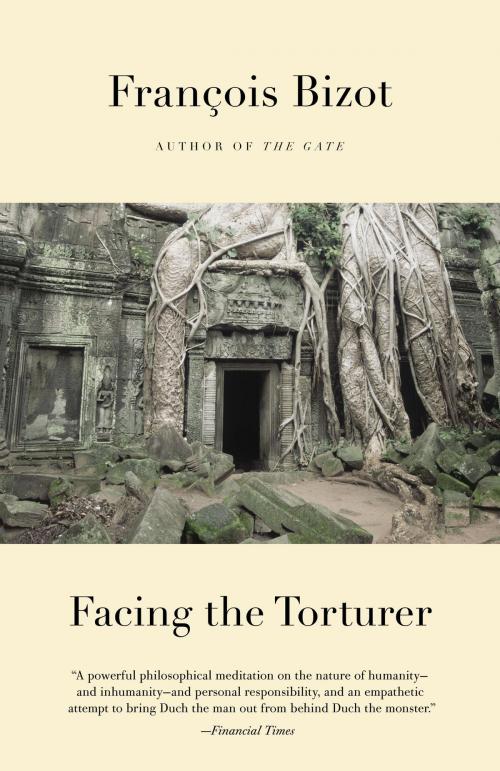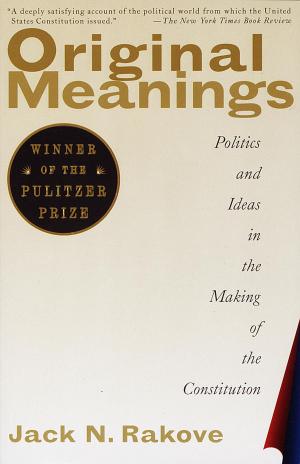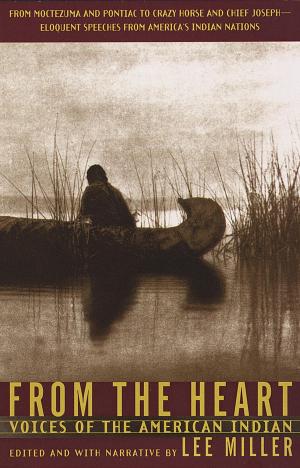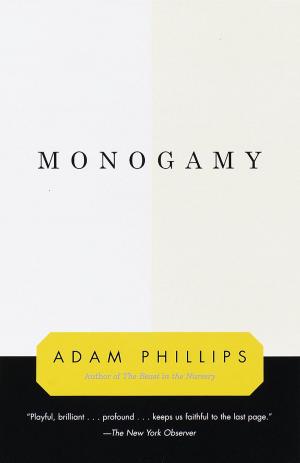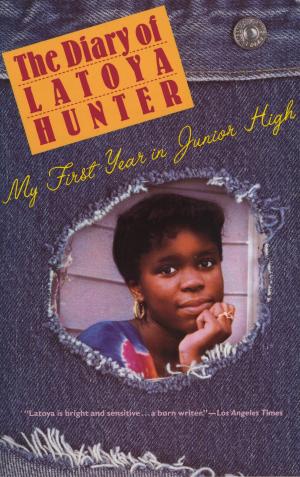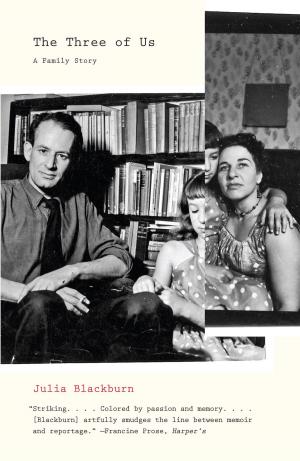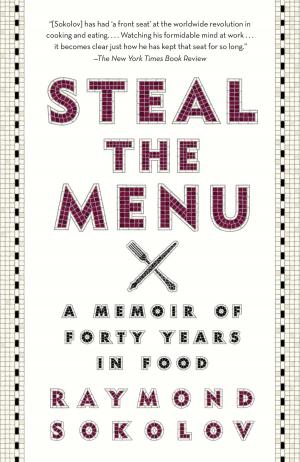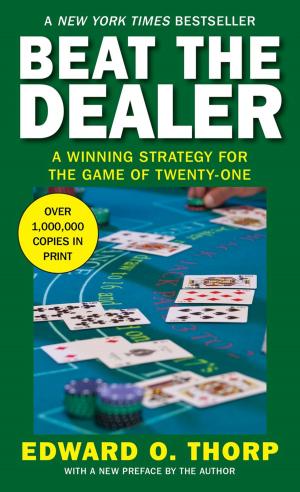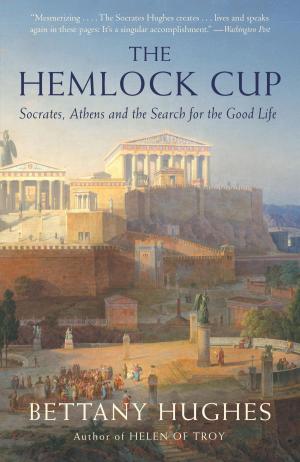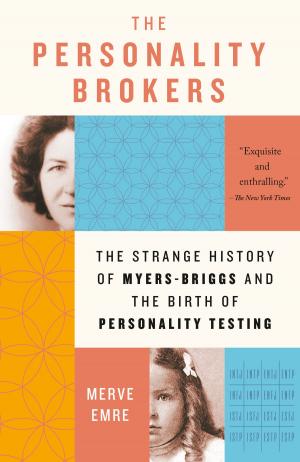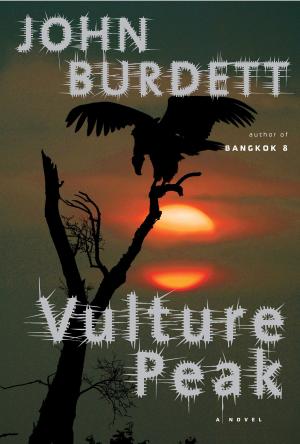Facing the Torturer
Nonfiction, History, Asian, Southeast Asia, Modern, 20th Century, Social & Cultural Studies, Political Science| Author: | Francois Bizot | ISBN: | 9780307960870 |
| Publisher: | Knopf Doubleday Publishing Group | Publication: | October 23, 2012 |
| Imprint: | Vintage | Language: | English |
| Author: | Francois Bizot |
| ISBN: | 9780307960870 |
| Publisher: | Knopf Doubleday Publishing Group |
| Publication: | October 23, 2012 |
| Imprint: | Vintage |
| Language: | English |
The author of the acclaimed memoir The Gate now gives us a mesmerizing account of his personal relationship with one of the most infamous torturers of the twentieth century, and of his transformative experience observing and participating in that man’s recent trial for war crimes.
In 1971, François Bizot was researching Khmer pottery and Buddhist ritual in rural Cambodia when, along with two Cambodian assistants, he was arrested by Communist guerrillas on suspicion of being an American spy. In captivity, Bizot would establish an unlikely rapport with his interrogator, Comrade Duch, a twenty-nine-year-old former math teacher, now commander of the jungle encampment. After many long conversations, Duch would become convinced of Bizot’s innocence, finally deciding to release his prisoner against the wishes of his superiors, including one Saloth Sar—the future Pol Pot. And so it was on Christmas Day 1971 that Bizot was allowed to depart the camp but obliged to leave his assistants behind.
In 1999, Bizot would hear of the arrest of the “butcher of Tuol Sleng.” This was the nom de guerre that Comrade Duch had earned after releasing Bizot and proceeding to exterminate some ten thousand Cambodians, including Bizot’s assistants, Lay and Son. Duch’s unexpected capture after years in hiding presented François Bizot with his first opportunity to confront the man who’d held him captive for three months and whose strange sense of justice had resulted in Bizot’s being the only Westerner to survive imprisonment by the Khmer Rouge. The arrest also forced Bizot to confront a paradox: How could the man who’d been his savior have become one of the most monstrous perpetrators of the Cambodian genocide?
Taking part in the trial as a witness, with Duch the sole defendant, would return Bizot to the heart of darkness. This is the testimony of what he discovered—about the torturer and about himself—on that harrowing journey.
The author of the acclaimed memoir The Gate now gives us a mesmerizing account of his personal relationship with one of the most infamous torturers of the twentieth century, and of his transformative experience observing and participating in that man’s recent trial for war crimes.
In 1971, François Bizot was researching Khmer pottery and Buddhist ritual in rural Cambodia when, along with two Cambodian assistants, he was arrested by Communist guerrillas on suspicion of being an American spy. In captivity, Bizot would establish an unlikely rapport with his interrogator, Comrade Duch, a twenty-nine-year-old former math teacher, now commander of the jungle encampment. After many long conversations, Duch would become convinced of Bizot’s innocence, finally deciding to release his prisoner against the wishes of his superiors, including one Saloth Sar—the future Pol Pot. And so it was on Christmas Day 1971 that Bizot was allowed to depart the camp but obliged to leave his assistants behind.
In 1999, Bizot would hear of the arrest of the “butcher of Tuol Sleng.” This was the nom de guerre that Comrade Duch had earned after releasing Bizot and proceeding to exterminate some ten thousand Cambodians, including Bizot’s assistants, Lay and Son. Duch’s unexpected capture after years in hiding presented François Bizot with his first opportunity to confront the man who’d held him captive for three months and whose strange sense of justice had resulted in Bizot’s being the only Westerner to survive imprisonment by the Khmer Rouge. The arrest also forced Bizot to confront a paradox: How could the man who’d been his savior have become one of the most monstrous perpetrators of the Cambodian genocide?
Taking part in the trial as a witness, with Duch the sole defendant, would return Bizot to the heart of darkness. This is the testimony of what he discovered—about the torturer and about himself—on that harrowing journey.
